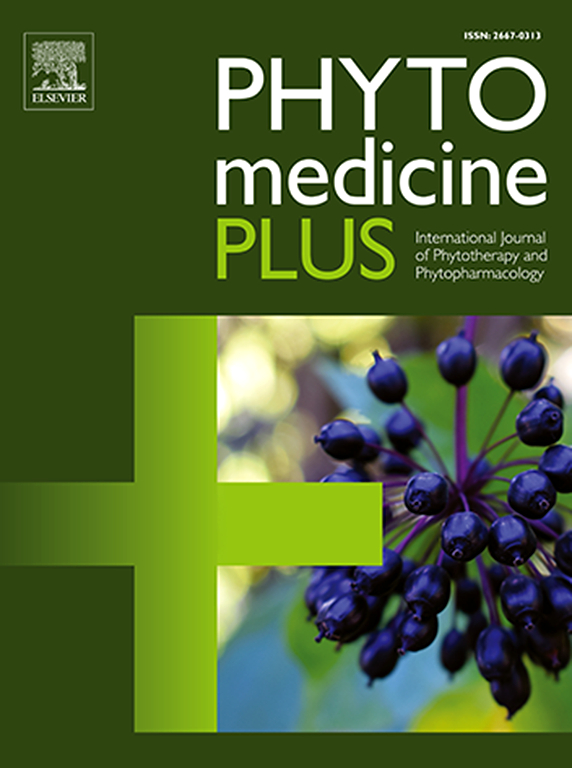Medicinal plants as alternatives for the management of hypertension and diabetes in Nigeria: Analysis of the structured interview of Nigerian patients
Q3 Pharmacology, Toxicology and Pharmaceutics
引用次数: 0
Abstract
Ethnopharmacological relevance
Over the past decade two non-communicable diseases, hypertension (HTN) and diabetes (DM), have become two of the biggest healthcare issues in Africa, rivalling communicable diseases. This study focuses on the patient-initiated use of traditional medicinal plants (TMPs) in conjunction with doctor-prescribed conventional medicines (CMs) for the management of HTN and DM in Nigeria, highly prevalent in this Africa's most populous country.
Aim of the study
The aim is to delineate the extent and demographic particulars of the usage of (TMPs) for the treatment and management of diabetes and hypertension in South Eastern Nigeria.
Materials and Methods
An interview-based survey among 600 HTN and DM patients in two South Eastern Nigeria's Teaching Hospitals, together with a structured/semi-structured questionnaire, was administered on the patients.
Results
Approximately, 75 % of the participants use TMPs, concurrently with their prescription medicines, demonstrating high prevalence in the use of TMPs for the management of HTN and DM. An interesting observation was that according to patient interview, most doctors did not know – and were not told - about TMP use by their patients. Potentially, the use may predispose patients to severe hypotension or hypoglycaemia and other adverse effects e.g. drug interactions and direct toxicities. Also, poor quality and scanty or anecdotal directions of TMPs raises safety concerns. Quantitative statistical cross-analysis of the data indicated some associations between the use of TMPs by patients, their conditions and demographics. Age and marital status have statistically significant association with TMP usage while no association existed between participants’ gender, level of education or religion and their usage of TMPs (P = 0.636; P = 0.533; P = 0.419 respectively). The older age group, over 40 years, use TMP more than the younger group. Married participants are more interested in traditional medicine compared with the unmarried group.
Conclusion
This study forms the basis of a future survey to be conducted on Nigerian doctors, to ascertain their views on traditional/alternative medicine and its possible integration into the national healthcare system. The empirical knowledge of this study encourages more research in the search of the pharmacologically effective medicinal plants for the better health management of the Nigerian people.

求助全文
约1分钟内获得全文
求助全文
来源期刊

Phytomedicine Plus
Medicine-Complementary and Alternative Medicine
CiteScore
3.70
自引率
0.00%
发文量
178
审稿时长
81 days
期刊介绍:
 求助内容:
求助内容: 应助结果提醒方式:
应助结果提醒方式:


